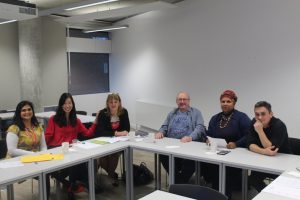
Dr. Jaeyeon Choe, Dr. Varuni Wimalasiri, Dr. Nicola De Martini Ugolottiand, and Dr. Jayne Caudwell in Faculty of Management organised the Refugee and Migrant Leisure Network workshop on December 5th with community partners including Dorset Race Equality Council and Unity in Vision.
During the two-hour workshop, we discussed how to support refugee and migrant communities in Dorset including ‘vocation’ and language learning. We also discussed other mechanisms that help their re-settlement and integration such as cooking workshops, community events, music and art, all which might provide a broader scope of support such as social and emotional/psychological well-being.
We agreed that we need to listen to refugee and migrant ‘voices’ for their settlement, integration, meaning making and well-being in order to develop supportive programmes. It’s often seen that existing programmes don’t meet what refugee and migrant populations actually need. There is an urgent need to listen to their problems, challenges, so as to develop effective support programmes.
We also discussed ‘qualitative’ data that community organisations often collect including stories, lived experiences and anecdotes do not communicate well with policy makers. What will be an effective strategy to convert the ‘messy’ data (from community events, sport, music, and art) into policy making? This is a challenge for both community organisations and researchers.
Our community partners also shared that they are facing new challenges (ie funding). All councils and community organisations face difficulties in developing, managing and ‘sustaining’ support systems for refugee and migrant populations. Whilst discussing the role of a local university when supporting refugee and migrant issues, securing some funding can be one area to work on for both researchers and community groups. For example, Dr. Jaeyeon Choe recently applied for a grant with two of the community partners to support their activities as well as her own research. The proposal focuses on Syrian refugee resettlement, belonging, subjective well-being and community ‘food’ events in rural UK. We are also looking into larger/future collaborative funding opportunities together.
For BU academics, it was very fruitful to listen to and learn from community workers about refugee and migrant issues in Dorset and beyond. Besides the productive discussions, it was inspiring to see people who are passionate about supporting and working hard for refugee and migrant communities!
If you are interested in our network, please follow us:
https://m.facebook.com/groups/400355213641367?tsid=0.41635546925909617&source=result

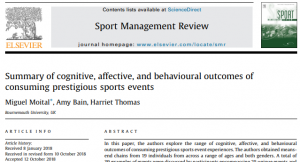
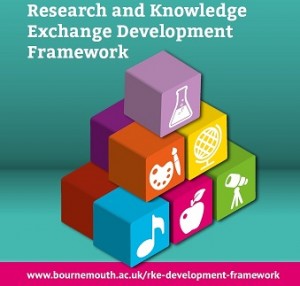
 George Fisher, Echoes in Space, 2018
George Fisher, Echoes in Space, 2018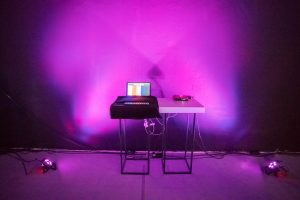 Daniel Bell, Spectra, 2018
Daniel Bell, Spectra, 2018
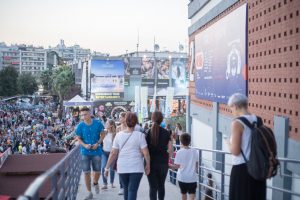


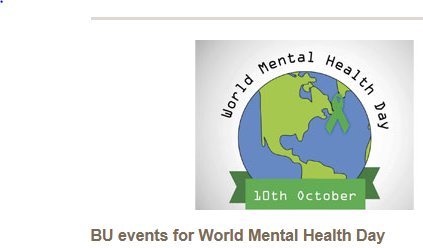

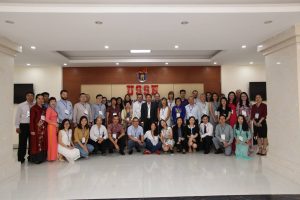
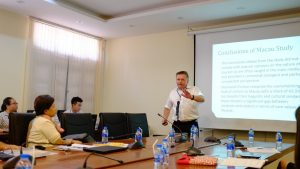
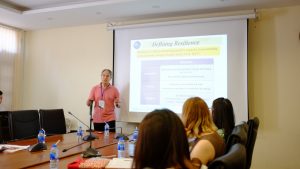
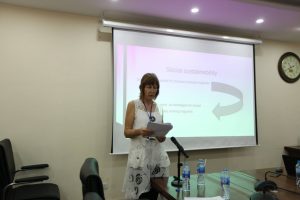
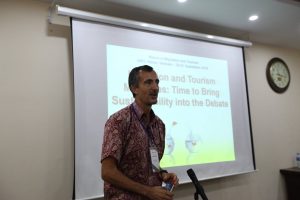
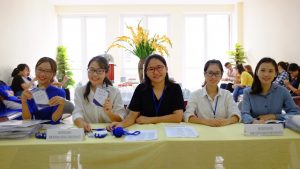
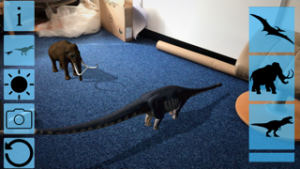 The PalaeoGo! Team is running a major user trial in the autumn of 2018. Over eight weeks this autumn we are seeking your help to both test and develop our ideas. Our aim is to give you access to our test app and with it the resources for you to use with your friends and family. The beasts are coming, and you can join in the fun!
The PalaeoGo! Team is running a major user trial in the autumn of 2018. Over eight weeks this autumn we are seeking your help to both test and develop our ideas. Our aim is to give you access to our test app and with it the resources for you to use with your friends and family. The beasts are coming, and you can join in the fun!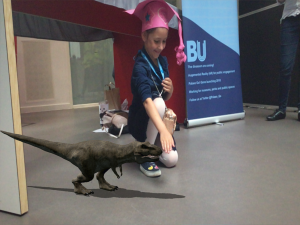 Register by the 21 September 2018 and you will receive the app during the week of the 24 September 2018. We will be on hand during Fresher fair and Induction to sign you up and show you how.
Register by the 21 September 2018 and you will receive the app during the week of the 24 September 2018. We will be on hand during Fresher fair and Induction to sign you up and show you how.
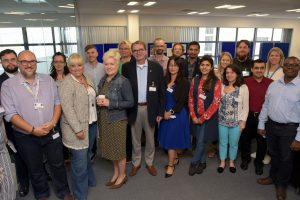
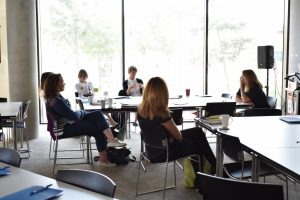
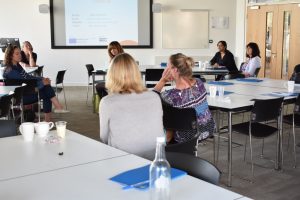




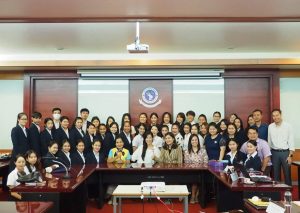
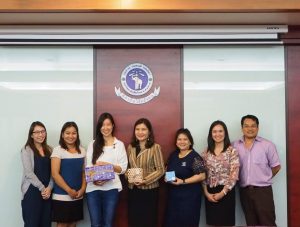
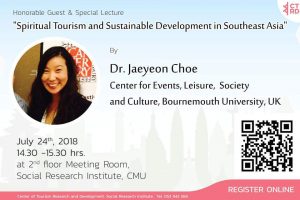
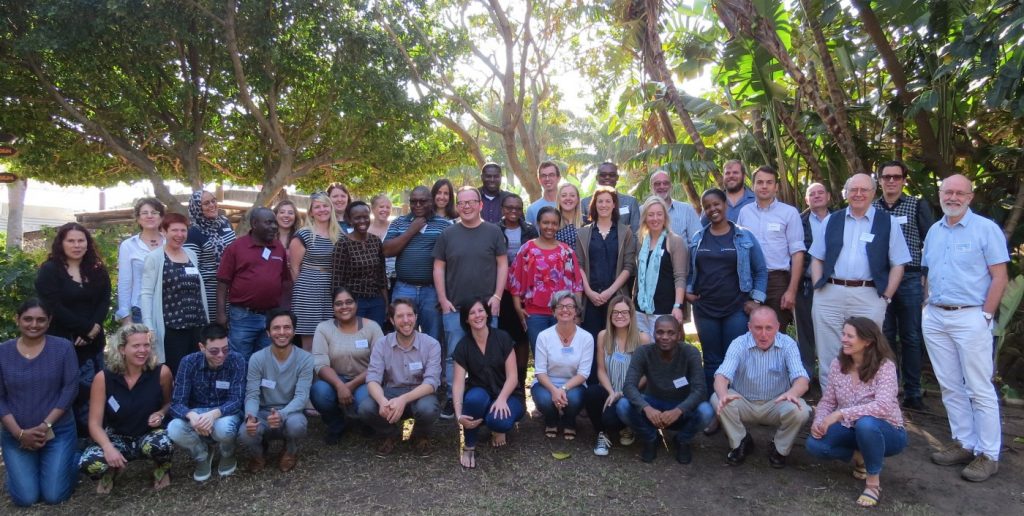
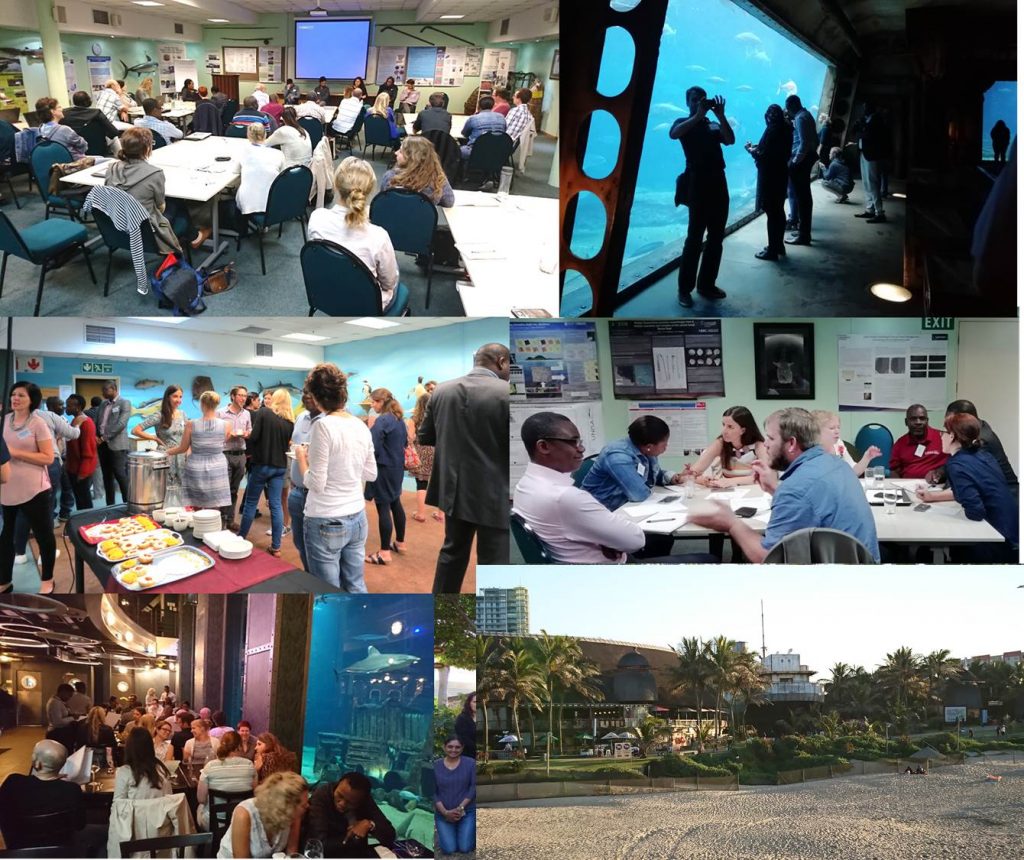











 REF Code of Practice consultation is open!
REF Code of Practice consultation is open! BU Leads AI-Driven Work Package in EU Horizon SUSHEAS Project
BU Leads AI-Driven Work Package in EU Horizon SUSHEAS Project Evidence Synthesis Centre open at Kathmandu University
Evidence Synthesis Centre open at Kathmandu University Expand Your Impact: Collaboration and Networking Workshops for Researchers
Expand Your Impact: Collaboration and Networking Workshops for Researchers ECR Funding Open Call: Research Culture & Community Grant – Apply now
ECR Funding Open Call: Research Culture & Community Grant – Apply now ECR Funding Open Call: Research Culture & Community Grant – Application Deadline Friday 12 December
ECR Funding Open Call: Research Culture & Community Grant – Application Deadline Friday 12 December MSCA Postdoctoral Fellowships 2025 Call
MSCA Postdoctoral Fellowships 2025 Call ERC Advanced Grant 2025 Webinar
ERC Advanced Grant 2025 Webinar Update on UKRO services
Update on UKRO services European research project exploring use of ‘virtual twins’ to better manage metabolic associated fatty liver disease
European research project exploring use of ‘virtual twins’ to better manage metabolic associated fatty liver disease